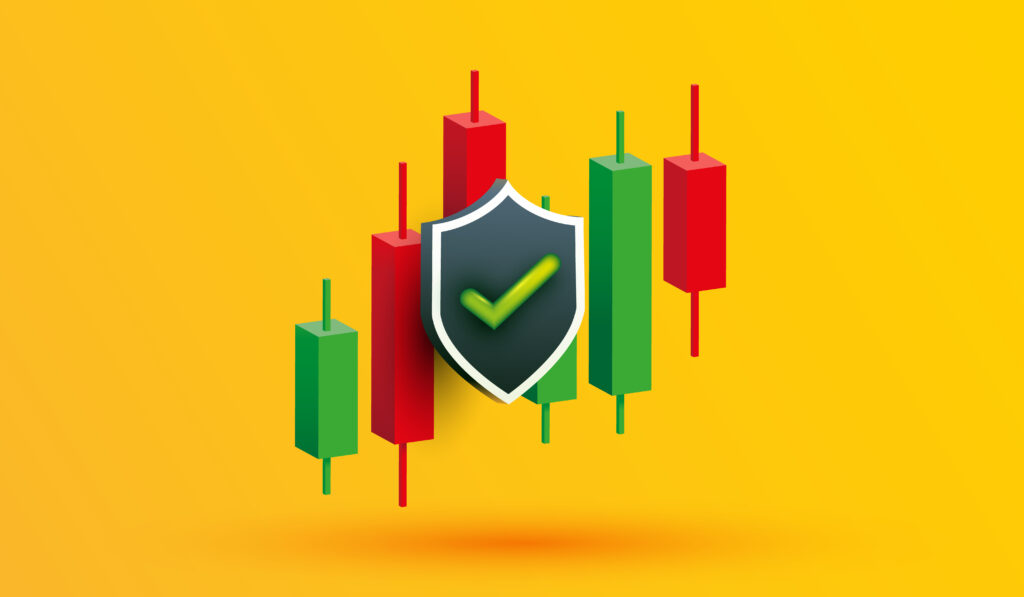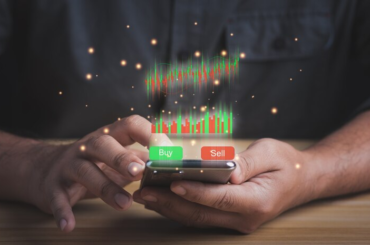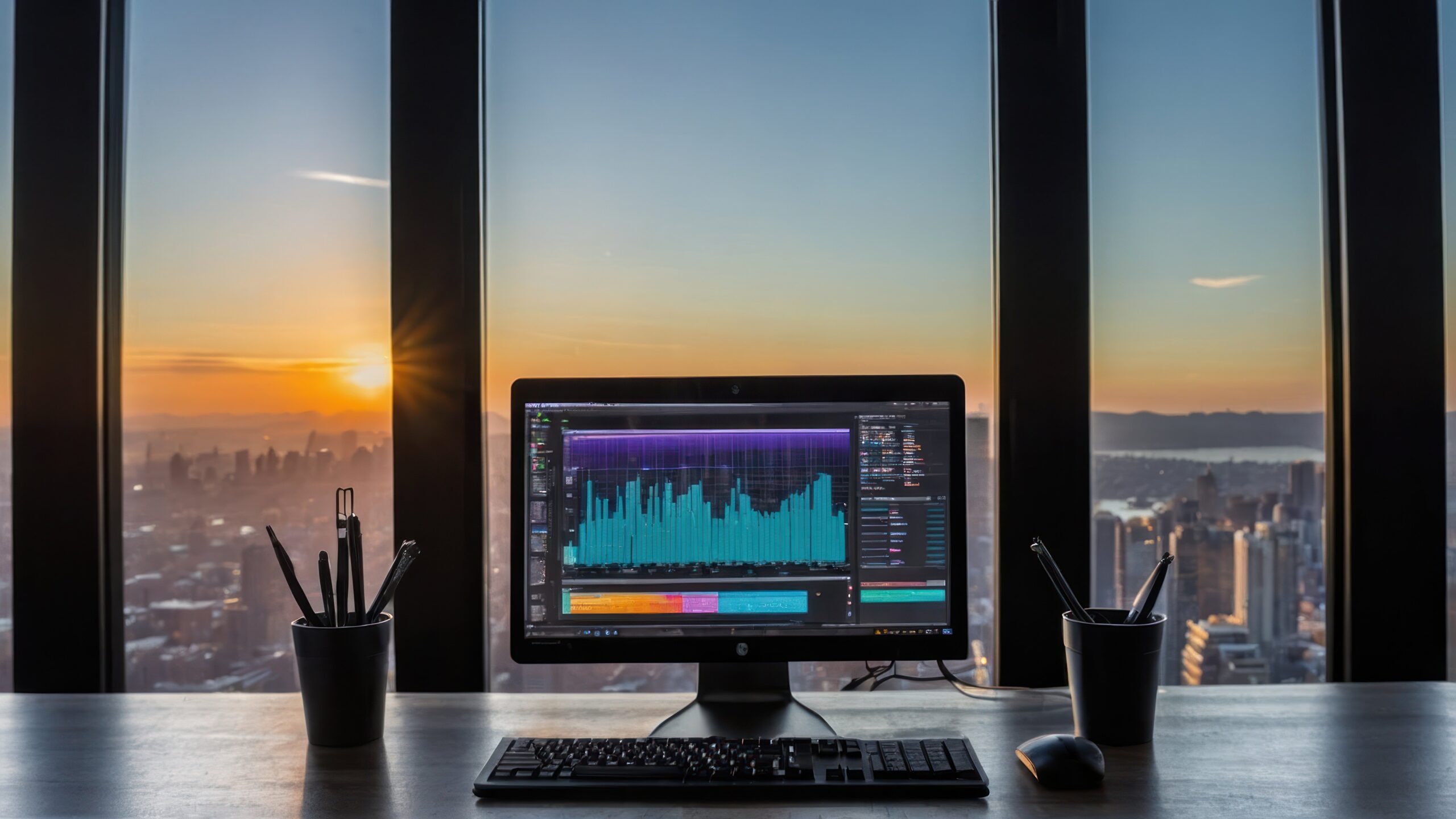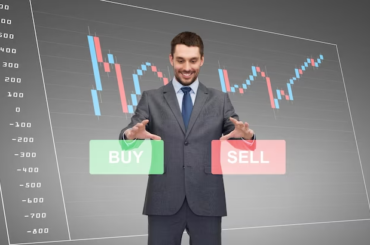Overthinking can be a significant obstacle when it comes to engaging in trading. The constant analysis, doubt, and hesitation can hinder decision-making and hinder profitability. This blog aims to provide practical strategies for overcoming overthinking and cultivating a confident trading mindset. As a forex trader, you must understand how to safeguard your trading account balance because it is an important aspect of forex money management.
It’s a strategy for safeguarding your trading capital against lost trades. Your trading account balance is considerably more important as you grow in your trading expertise than when you first start, but in order to advance and learn, you must risk real money, which can be dangerous in the early days and result in considerable account loss. This article will help you understand the importance of your trading account’s capital and how to safeguard it, so you can stay in the game long enough to achieve your goals of being a consistent and lucrative trader.
Will you and your bankroll be able to last long enough?
If you spend enough time researching and watching price action on the charts, things will gradually start to make sense, and you will begin to perceive the market through the eyes of an experienced trader. However, as the title of this lesson suggests, all of your experience, screen time, and education will be for naught if you don’t have your bankroll intact by the time you reach the stage of trading mastery.
Most traders, for some reason, don’t seem to realise that in order to thrive in trading and make long-term profits, they need money to trade with! As a result, I’d like to assist YOU, the aspiring trader, in fully comprehending both the need of protecting your trading account’s capital and, more crucially, HOW to do so.
Why is it necessary to safeguard your account balance?
You must realize that your entire investment in the currency market is at stake. We need to know “Why” before we can talk about how to protect your trading account balance.
1. Understand the Forex Market’s Leverage
When you trade forex, you’re dealing on the world’s largest and most liquid financial market. As a result, entering the market necessitates a level of investment that retail traders sometimes lack. As a result, forex brokers give their clients leverage so that they can trade with lower sums.
2. It’s possible that your stop-loss strategy won’t work.
Trading risk is not eliminated by using a normal stop-loss. Your order is closed when the price hits your stop loss. The price level of your stop-loss order can be significantly worse than the actual stop-loss order in the case of slippage and price gaps.
3. Segregated Trading Account
Brokers protect your investment by segregation of money. Client monies are kept separate from their own. As a result, in the event of insolvency or bankruptcy, the funds of the clients are safe. It will not, however, offer you an assurance that your money is completely safe. Different brokers provide different levels of security and recovery amounts.
What steps can you take to safeguard your trading account?

1. Start with smaller trades
The first step in safeguarding your trading account balance is to take lower risks, as this will keep you calm throughout a loss or negative trend. The term “bearish movement” refers to a time in which the price falls. Professional Forex traders never trade with more than 2% risk since raising the value can be very harmful if the market price continues to fall. As a result, there’s a danger you’ll lose all of your money.
2. Trade judiciously
You must remain focused on the chart and the market’s ups and downs. At the same time, you must choose your time intelligently in order to earn. Nobody can master anything in a split second, therefore keep an eye on the chart attentively. Furthermore, one should always remember that there are no shortcuts in Forex trading. It is important to be conscious of one’s own strengths and stay to the market.
3. Examine the risk-to-reward ratio
You must seek a good risk-reward ratio when trading. You can take a lower risk in the trade because the payoff is higher. The conventional risk-to-reward ratio is 1:2, however this might change based on the quality of the market analysis and market conditions.
4. Pay no attention to your subconscious mind
Let’s say you’ve had a string of profitable trades and want to increase your trading volume. Take it lightly because predicting price movement is quite difficult. In this sector, you’ll require a lot of expertise and technical knowledge. You can gain confidence in the movement, but don’t get carried away.
5. Make regular withdrawals
Withdrawing money on a regular basis guarantees that your trading account is well-protected. Keep in mind that the broker will not take the entire money. They will only profit if you spread. However, there are a few uncertainties in the Forex market, one of which is that your broker may fail to offer you complete account protection at times.
Conclusion
There is one contributing aspect that rises head and shoulders above the rest when it comes to long-term trading success: capital preservation. Many traders lose so much money in their early days that by the time they figure out what they’re doing, they’ve run out of trading capital to fully use their abilities. Blowing through money in the early stages of trading also causes many traders to give up, claiming that “trading is too difficult” or “impossible” before they have a good understanding of what they’re doing.





